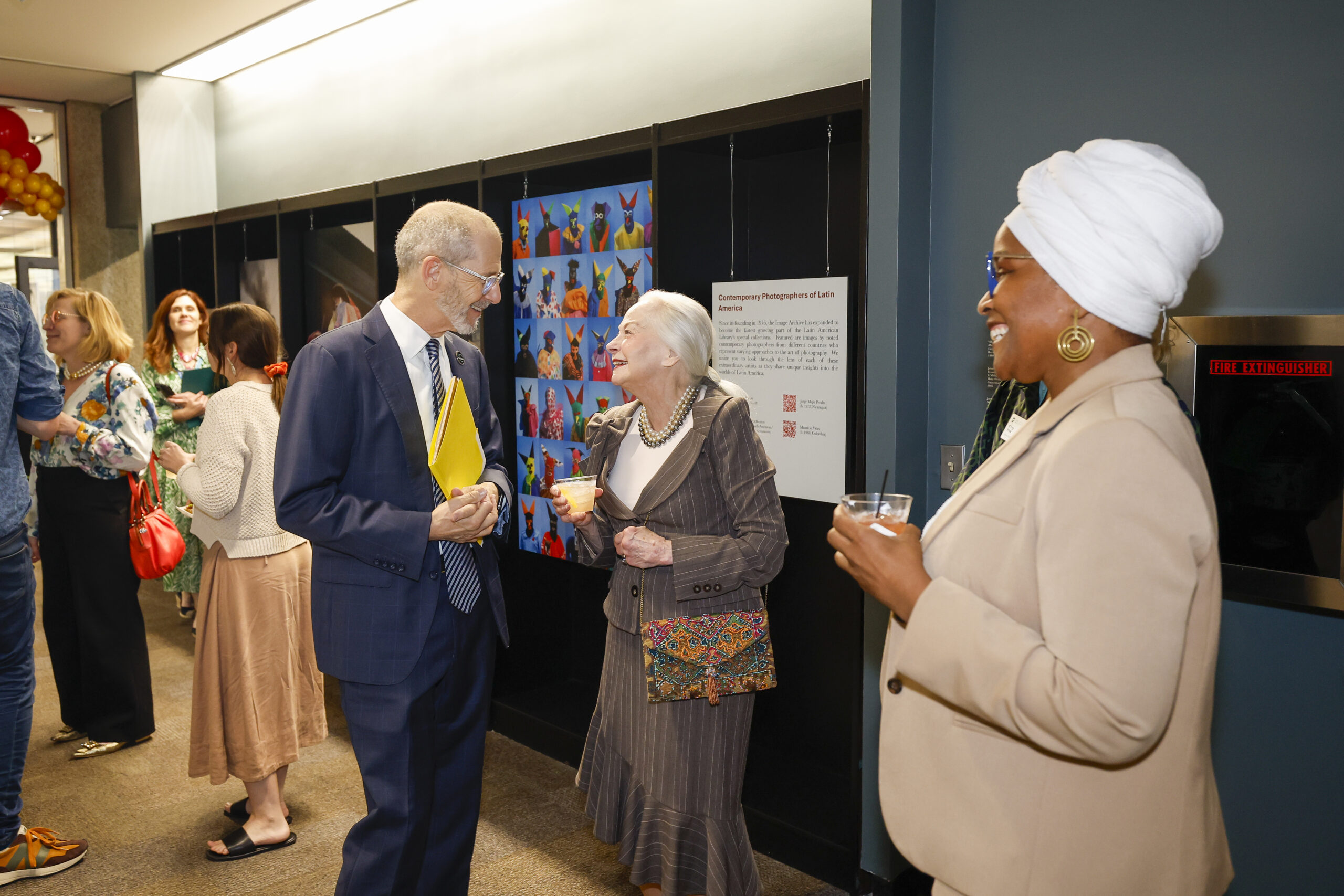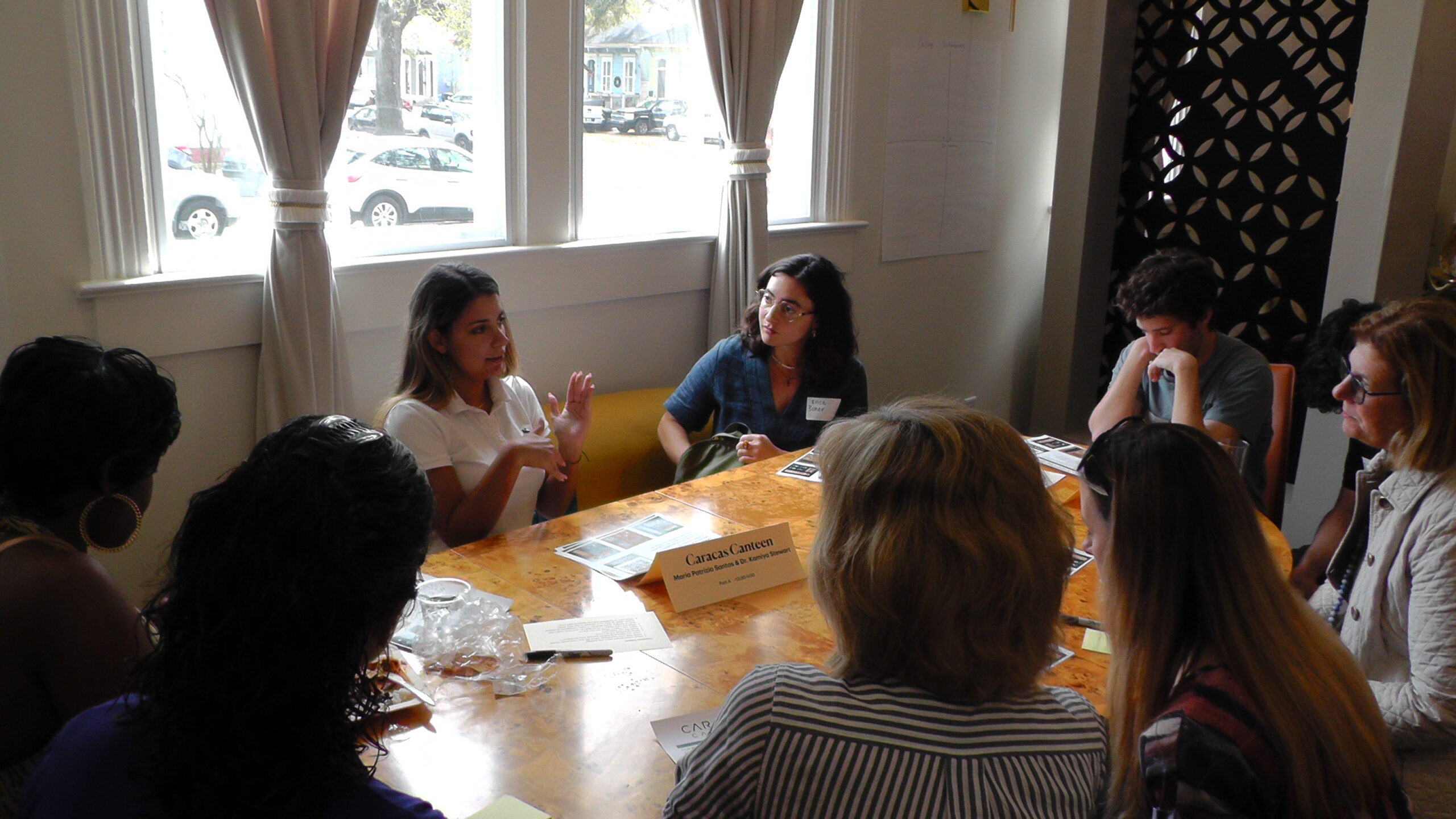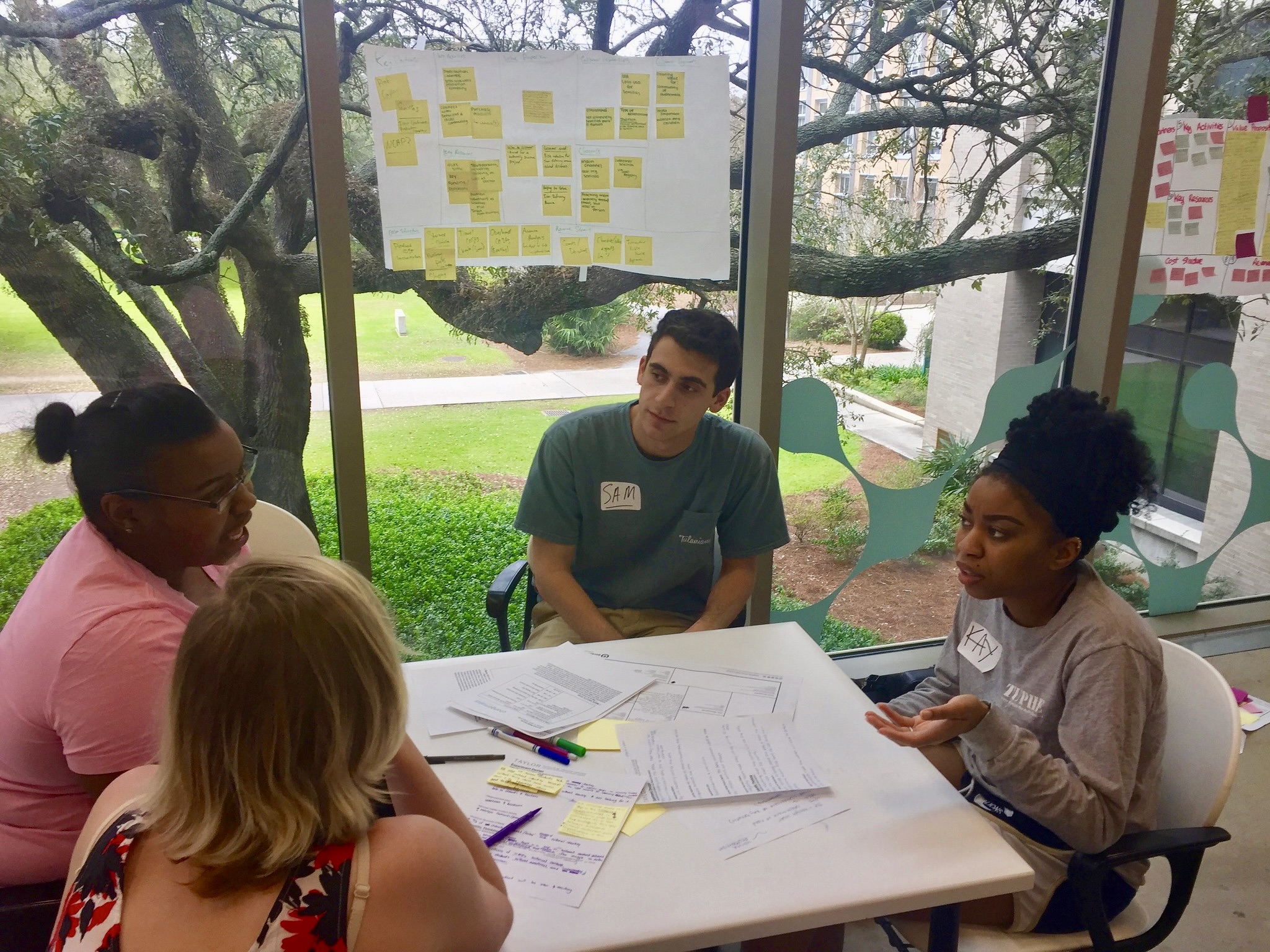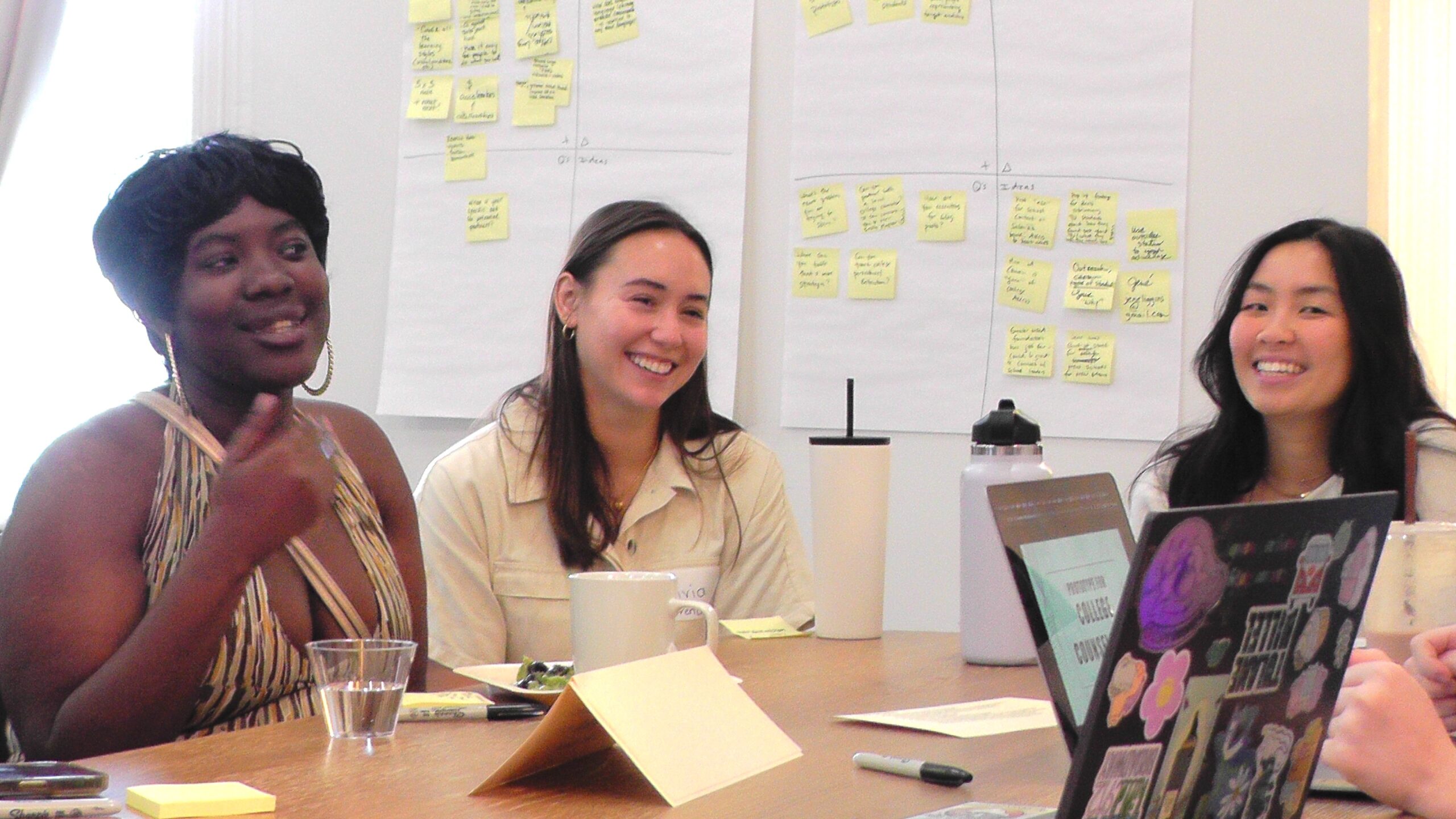
The Tulane University Nitrogen Reduction Challenge seeks innovative in-field solutions to combat hypoxia, a deadly deficiency of oxygen in water created by the excessive growth of phytoplankton.
Congratulations to Adapt-N for winning the Tulane Nitrogen Reduction Challenge $1 million grand prize on Dec. 14, 2017. Read more about the challenge below.
The Prize
The $1 million prize will be awarded to the team who creates an efficient, cost effective and scalable solution to address hypoxia.
We expect the winning innovation will succeed as a market driven solution, and the wining team, and all competitors, will reap benefits above and beyond the grand prize.
The Problem
Throughout the world, increasingly fragile coastal and inland lake ecosystems face a common and persistent threat, “dead zones” caused by hypoxia continue to challenge the integrity and productivity of environments that are home to a diverse biota and highly valued natural resources. Dead zones result from excess nutrients flowing from rivers to near-shore areas. Though hypoxia is often thought of as a challenge particular to the northern Gulf of Mexico, dead zones are a problem of global proportions.
Hypoxia occurs when the oxygen required to support life becomes depleted, which can result in severe impairment of near-shore fisheries. Consequently, dead zones can also destabilize the businesses, families and communities fisheries sustain. Nutrient enrichment can jeopardize the future of estuaries and coastal wetlands that depend on freshwater and sediment delivery for stability and persistence. In short, clean water is critical to the ecological, cultural and economic well-being of Louisiana, the nation and the world.
Addressing hypoxia is a grand challenge because solutions must meet simultaneous and sometimes conflicting needs – from protecting water resources and near-shore ecosystems to ensuring the capacity and vitality of agricultural productivity.
A Message from Phyllis Taylor
 I am extremely pleased to announce the first of what I hope will be several Tulane Grand Challenge Prizes. In partnership with Tulane University, I have sponsored a $1 million prize to be awarded to the team or individual that achieves our goal of creating a significant and workable solution to hypoxia.
I am extremely pleased to announce the first of what I hope will be several Tulane Grand Challenge Prizes. In partnership with Tulane University, I have sponsored a $1 million prize to be awarded to the team or individual that achieves our goal of creating a significant and workable solution to hypoxia.
Our family’s business was successful because innovation, an entrepreneurial spirit and risk-taking were at the heart of it. I have always believed that these same qualities are vital to solving critical social and environmental challenges. The grand challenge includes all of these principles.
I believe a market-based solution which rewards innovation and risk taking has the potential to create a sustainable and significant new technology for addressing hypoxia. I am eager to work closely with Tulane during the course of our inaugural (and hopefully future) prizes to identify, reward and support this solution.
Taylor 10: Homecoming Highlights
Friday, November 7th - 9th The Taylor Center celebrated a decade of impact! The Taylor…
Changemaker Institute Application Opens for 24-25
Applications are now open for the Changemaker Institute (CI), a semester-long program that supports graduate students…
Changemaker Institute FAQs
Are you considering applying to the Changemaker Institute? See below for some FAQ's about this…
Spring 2024 Mentors for Tulane’s Social Venture Accelerator
The Taylor team is proud to introduce an incredible group of mentors for the 2024…
Changemaker Institute 2024 Impact Report Released
CI Fellows from 2023/2024 school year report high levels of satisfaction with the program, guest…
Resources
- Louisiana Department of Agriculture and Forestry
- Iowa Department of Agriculture
- U.S. Department of Agriculture
- National Oceanic and Atmospheric Administration
- U.S. Environmental Protection Agency
- White House Office of Science and Technology Policy –
Assessment of Hypoxia in U.S. Coastal Waters (PDF)





